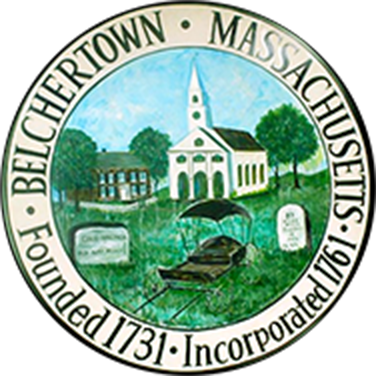Our cafeteria staff plans well-balanced meals for lunch every day. Please let us know if your child has any special diet concerns. If your child requires any food substitutions for medical reasons, you can download this form from the Health Forms link.


THE IMPORTANCE OF BREAKFAST!!!!!!!!!!!!!!
Starting every day with a nutritious breakfast will help you feel more alert, focused and ready to learn. Good breakfast choices include low fat milk, whole grain cereal, toast, yogurt, fruit and eggs.
SET THE TABLE FOR GOOD NUTRITION!!!!!!!!!!!!!!
Eating a variety of nutrient-rich foods, such as whole grains, fat free and low-fat dairy foods, lean protein, fruits and vegetables at meals and snacks provides the calories and nutrients a school age child needs to learn and play.
Choose My Plate offers information about making healthier food choices and being active. This website also has tips on healthy eating on a budget, sample menus and recipes, food safety advice and other various topics.

INTERACTIVE NUTRITION
I have included some websites that provide tools and tips for parents to promote healthy eating and physical activities.
Kidnetic
For kids, try making one of the fun kidnetic.com recipes, find fun games to play inside and outside by yourself or with friends. For parents, kidnetic is a great resource for raising a healthy child.
NOURISH INTERACTIVE
Nourish interactive is a one stop resource for fun nutrition games for kids, interactive nutrition tools and tips for parents to use to promote healthy living for the whole family. You will also find recipes, advice and more.
http://www.nourishinteractive.com

TOP TIPS TO PROMOTE HEALTHY CHILDHOOD EATING
* Have regular family meals. Knowing dinner is served at approximately the same time every night and that the entire family will be sitting down together is comforting and enhances appetite. Breakfast is another great time for a family meal, especially since kids who eat breakfast do better in school.
* Cook more meals at home. Eating home cooked meals is healthier for the whole family and sets a great example for kids about the importance of food. Restaurant meals tend to have more fat, sugar and salt. Save dining out for special occasions.
* Get kids involved. Children enjoy helping adults to shop for groceries, selecting what goes in their lunch box, and preparing dinner. It’s also a chance for you to teach them about the nutritional values of different foods, and (for older children) how to read food labels.
* Make a variety of healthy snacks available instead of empty calorie snacks. Keep plenty of fruits, vegetables and whole grain snacks, and healthy beverages (water, milk, pure fruit juice) around and easily accessible so kids become used to reaching for healthy snacks instead of empty calorie snacks like soda, chips or cookies.
*Limit portion sizes. Don’t insist your child cleans the plate, and never use food as a reward or bribe.


